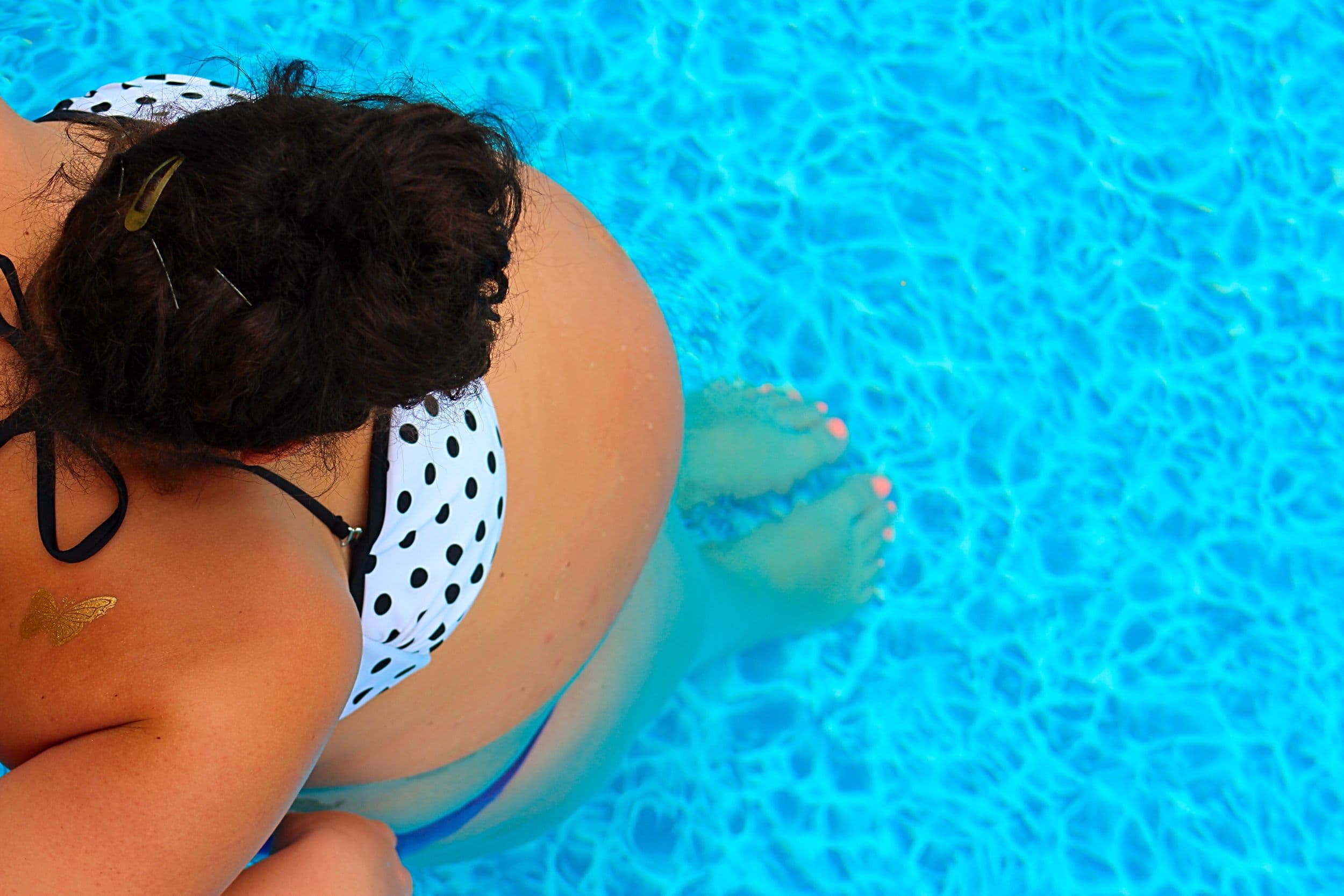Is It Safe To Ski During Pregnancy?
Pregnancy Safety
Obie Editorial Team

Skiing in and of itself is not harmful to a pregnancy. However, skiing is considered a "high risk" activity due to the possibility of injury. The risk of falling and abdominal trauma while skiing, make this activity very dangerous for pregnant women, so it is not recommended during pregnancy for this reason.
According to the recommendations of the American College of Obstetricians and Gynecologists: "Those activities with a high risk of falling or for abdominal trauma should be avoided during pregnancy."
Even if you are a good skier (or even more so if you are a good skier because you may be going faster down higher slopes) there is an increased chance you may hit the ground forcefully. If you are not pregnant, only you get hurt. During pregnancy, there are two lives falling and potentially getting injured. Although the fetus is generally well protected inside the uterus, anything that can harm you can also potentially harm the baby.
Skiing In High Altitudes
There is limited data on the actual impact of high altitude in pregnancy and what's available suggests that this may aggravate complications of pregnancy and prenatal life such as:
- Fetal growth retardation
- An increased incidence of the complications of pre-eclampsia
- Neonatal hyperbilirubinemia at high altitude suggested that altitude
- Short-term abnormalities in fetal heart rate
A survey of Colorado obstetrical care providers agreed that preterm labor and bleeding complications of pregnancy are the most commonly encountered pregnancy complications among high-altitude pregnant visitors. Dehydration, engaging in strenuous exercise before acclimatization, and participation in activities with high risk of trauma are behaviors that may increase the risk of pregnancy complications.
Read More












